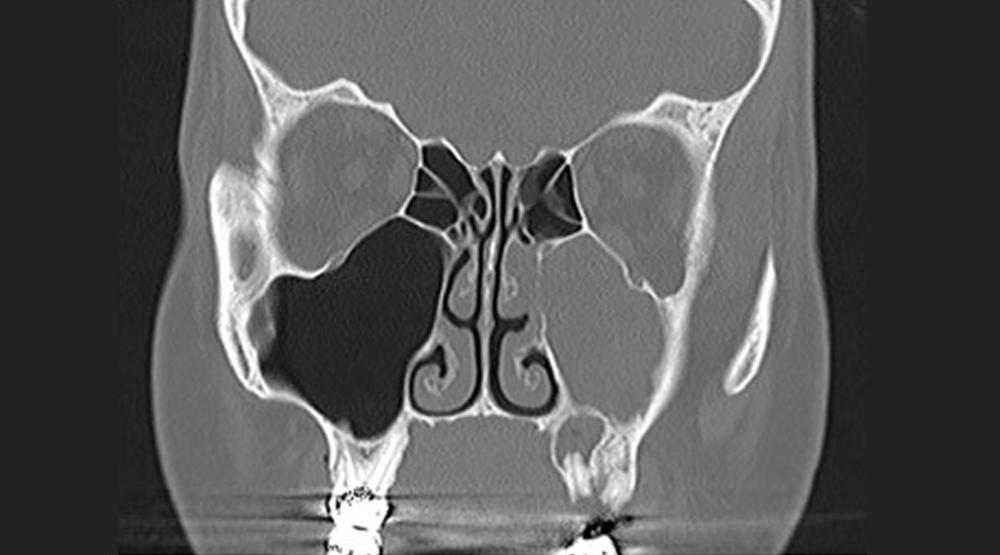
Sometimes, a tooth infection can lead to a sinus infection, called odontogenic sinusitis. Odontogenic sinusitis can be caused by trauma, infection, decay, or abscess in the maxillary teeth, with infection spreading from the teeth to the maxillary sinuses.
This can happen when the roots of the teeth are very close to, or even protruding into the maxillary sinus. This proximity would generally not be an issue unless the tooth becomes infected.
Sometimes recurring sinus infections can even be a sign of tooth decay. When tooth decay causes a sinus infection, it’s called Maxillary Sinusitis of Endodontic Origin (MSEO).
In some cases of MSEO, the patient may not feel sensitivity or discomfort in the teeth, so it can be difficult to diagnose.
If problems of the teeth are causing sinus infection, simply treating the symptoms of sinus infection won’t resolve the issue. If the source of the infection is with the tooth, you will have to have a dentist or endodontist provide treatment.
If the sinus infections persist after managing dental issues, it’s a good idea to consult an ENT.
What Helps Tooth Pain Caused by Sinus Infection?
The key to completely resolving tooth pain from sinus infection is to clear up the sinus infection. Once the inflammation of your maxillary sinuses goes down, the pressure on the nerves to the maxillary teeth should subside as well, ending the sinus-related toothache.
In the meantime, pain relief measures used to manage the pressure from your sinus infection may also help with the discomfort, including the use of:
- Over-the-counter pain relief medications,
- Nasal sprays, and
- Over-the-counter decongestants.
If your sinus infection is actually caused by a dental issue, only resolving the dental issue will resolve your sinus pain and toothache long-term.
Can a Sinus Infection Affect Your Eyes or Your Brain?
Acute sinus infections can make you miserable, and chronic or recurring sinus infections can sometimes have a very negative effect on your quality of life. However, serious medical complications of chronic sinus infection are rare.
Sinus Infection Complications Affecting the Eye
The sinuses are located above, below, behind, and between the eyes, so it is possible for a sinus infection to spread to the eye socket, but this is a very rare—and very serious—complication, potentially leading to permanent vision damage or blindness.
Pain around the eye, or even behind it, isn’t necessarily a sign of a sinus infection that has moved to the eye. Because of the location of the sinuses, it’s normal to feel pressure and discomfort around the eyes.
If you have or have had a sinus infection, and you experience any of the following symptoms, it could be a sign the infection has spread to the eye:
- Sudden, blurry vision (this is a serious symptom that you should always contact your doctor about, regardless of whether you have had a sinus infection or not)
- Eye redness
- Swelling around the eyes
If you have any of these symptoms, it’s a good idea to contact a doctor right away, as emergency IV antibiotics may be needed, in addition to other treatments.
Sinus Infection Complications Affecting the Brain
An even more rare, and more serious, complication of sinus infection would be the infection spreading to the brain. The brain is protected by the blood-brain barrier, whose function is to separate circulating blood from the brain and the fluid of the central nervous system.
It’s very difficult for sinus infection to be able to cross this border, despite the proximity of the sinuses to the brain.
The blood-brain barrier is semipermeable, however, and it is possible on rare occasions for an infection to get through from the sinuses to the brain.
If a sinus infection spreads to the brain, it can be a life-threatening condition, leading to swelling of the brain, meningitis, or brain abscess.
Symptoms might include:
- Seizure
- Vomiting
- Altered mental state
- Severe headache
- Swelling in the face
Most of these symptoms would require an emergency visit to the doctor, even without an association with a sinus infection.
Why do I feel extremely tired after sinus infection?
Although sinus infections are very common and some people experience chronic or recurring sinus infections, it still takes a lot of work on the body’s part to deal with a sinus infection.
A common side effect both during and following a sinus infection is fatigue, as the body expends energy fighting the infection.
Additionally, many of the symptoms which cause discomfort during a sinus infection can make it difficult to sleep, causing you to feel more tired during the day.
Studies have long shown a connection between chronic sinus infections and chronic fatigue syndrome, which is a condition in which no amount of sleep seems to relieve your fatigue.
Although the connection has been observed medically, no causal relationship between the conditions is yet known.
If you have persistent sinus infections causing you discomfort, contact your dentist today to see how we can help.


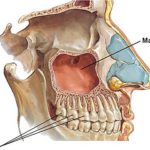

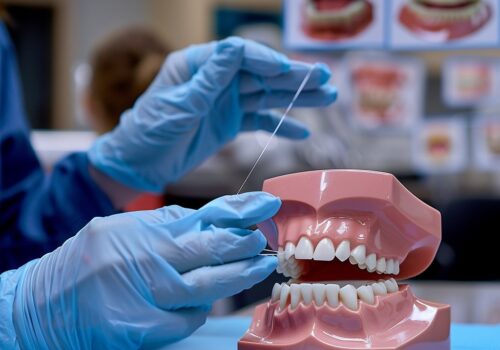


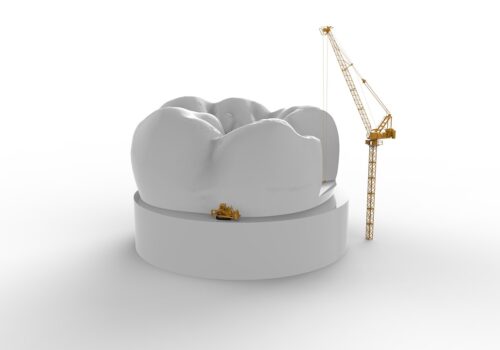
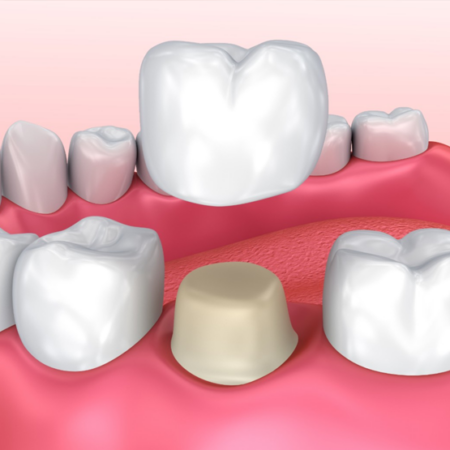
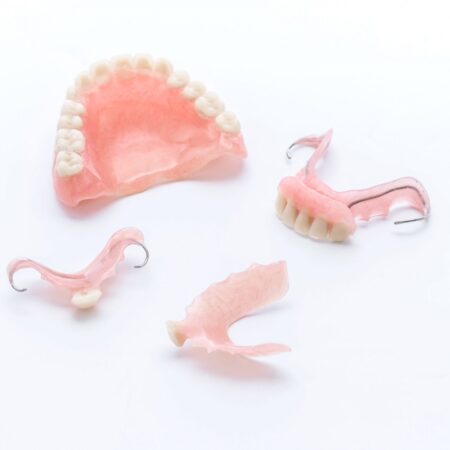




Leave a Reply